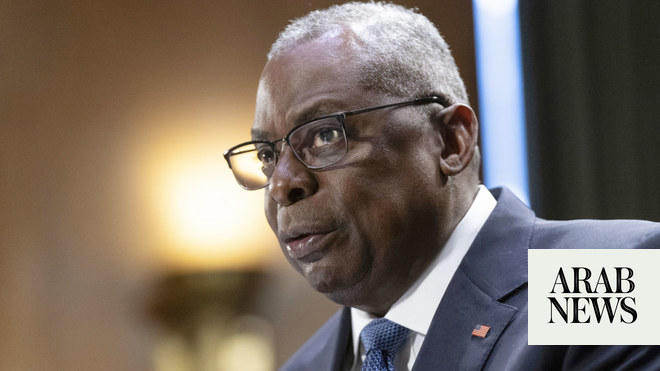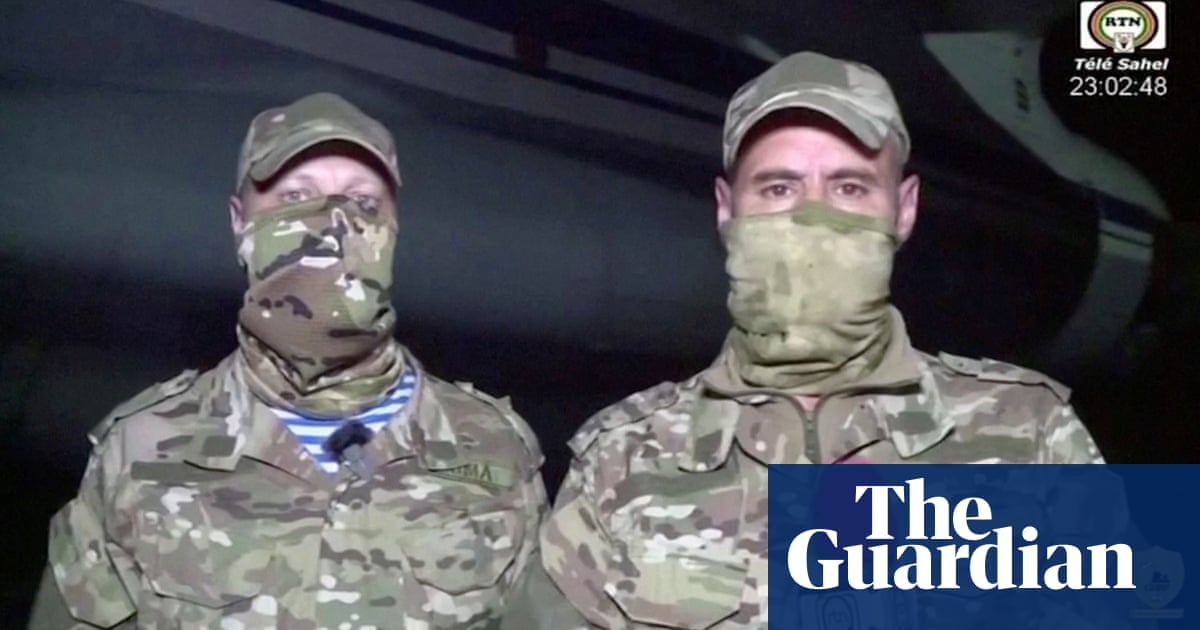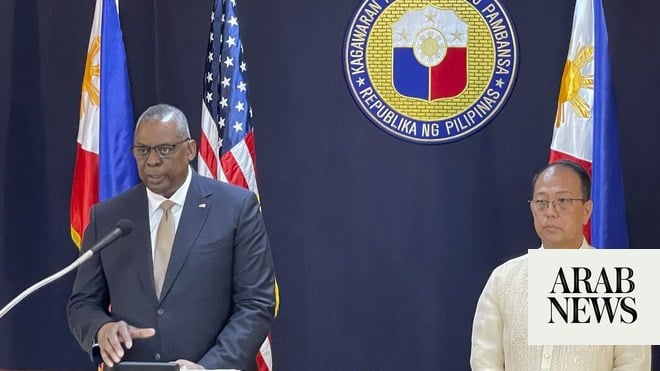
Justin Trudeau is facing harsh criticism from political rivals after Canada was excluded from a new international defence pact, days before the country votes in a federal election.
Australia, the United Kingdom and the United State on Wednesday announced a new intelligence sharing agreement meant to counter Chinese influence in the Indo-Pacific region.
Canada already shares intelligence with Australia, the United Kingdom, the United States and New Zealand – an agreement known as the Five Eyes – but was not included in the new pact, dubbed Aukus.
And ahead of Monday’s federal election, leaders of both the Conservative and New Democratic parties quickly criticized Trudeau for Canada’s exclusion, suggesting it reflected a broader failure by the Liberal government to engage with key allies – and to take a firm stand against China.
“This is another example that Mr Trudeau is not taken seriously by our friends and allies around the world,” the Conservative leader, Erin O’Toole, told reporters Thursday. “Canada is becoming more irrelevant under Mr Trudeau.”
O’Toole said he would seek to join the new Indo-Pacific security arrangement if the Conservatives are elected.
The New Democratic leader, Jagmeet Singh, also criticized Canada’s absence from the pact, suggesting Trudeau had become too distracted by the election campaign to fully engage with allies. If Canada had become a member of Aukus, he said, it could have put pressure on China to free the two jailed Canadians, Michael Spavor and Michael Kovrig.
“The pact seems like a potential avenue to add more pressure [on China]. Canada was absent. Another reason why this election should not have been called,” said Singh.
Canada’s tense relationship with China – and the plight of two jailed Canadians – has previously come up during the election, when leaders sparred during a recent debate.
“Canada’s voice has been absent Mr Trudeau,” O’Toole said during the English language debate on 9 September. “We should be leaders for our values, sir. You’ve let the Michaels down and we have to get serious with China.”
Trudeau fired back: “If you want to get the Michaels home, you do not simply lob tomatoes across the Pacific.”
The prime minister downplayed the broader significance of the Aukus pact. “This is a deal for nuclear submarines, which Canada is not currently or any time soon in the market for. Australia is.”
Despite the political point scoring ahead of the federal election, experts say Canada’s absence from the deal reflects broader concerns that the country isn’t working to improve – or even maintain– key relationships.
“The Three Eyes deal is not representative of Canada’s diminished status in the world. But it is part of a broader trend of Canada simply not engaging its allies in the way it should, and as a result, is becoming less relevant,” said Stephanie Carvin, a professor of international relations at Carleton University.
While Canada hasn’t had a strong defence presence in the Indo-Pacific region for decades, Australia has made a far greater effort than Canada – despite its geography – to foster a close relationship with the American intelligence apparatus, she says.
“Canada has really failed to be strategic in the way it engages its allies. Because we’re not showing up, our allies and moving on and that has negative implications for our security,” she said.
While it speaks to the country’s diminished foreign policy credentials, Carvin is skeptical voters will punish the Liberal government.
“Voters have not historically punished politicians for failure in foreign policy – and in this case, there’s very little at stake.”
But short-term domestic political issues can mask more troubling aspects of the country’s presence on the global stage.
“Canada has been able to coast. We have a good reputation, we’re in good alliances, and we’re in a safe part of the world. It’s not surprising to me that we coast,” she said. “But, like any student not really putting in the effort, you can only do that for so long.”












